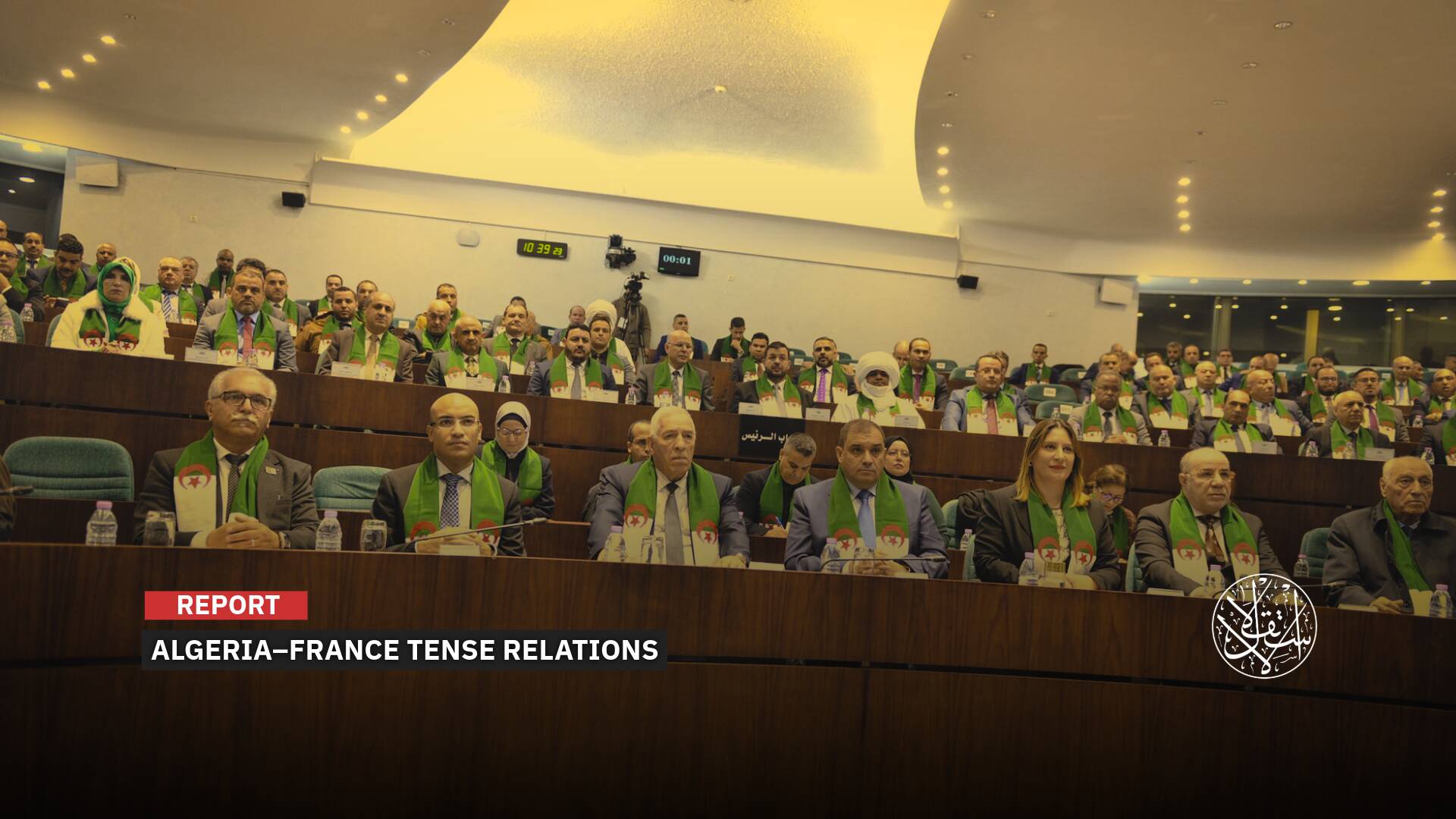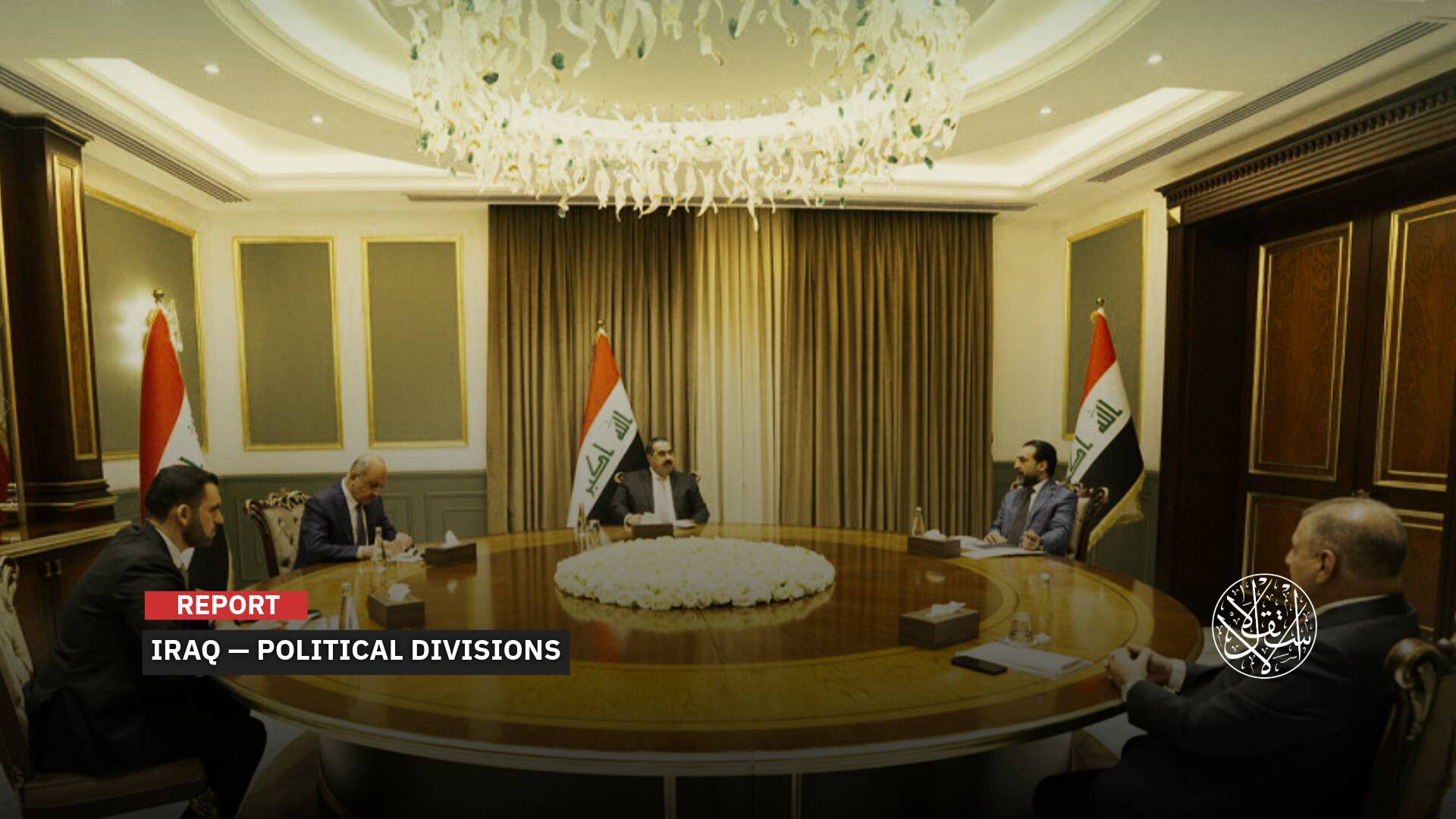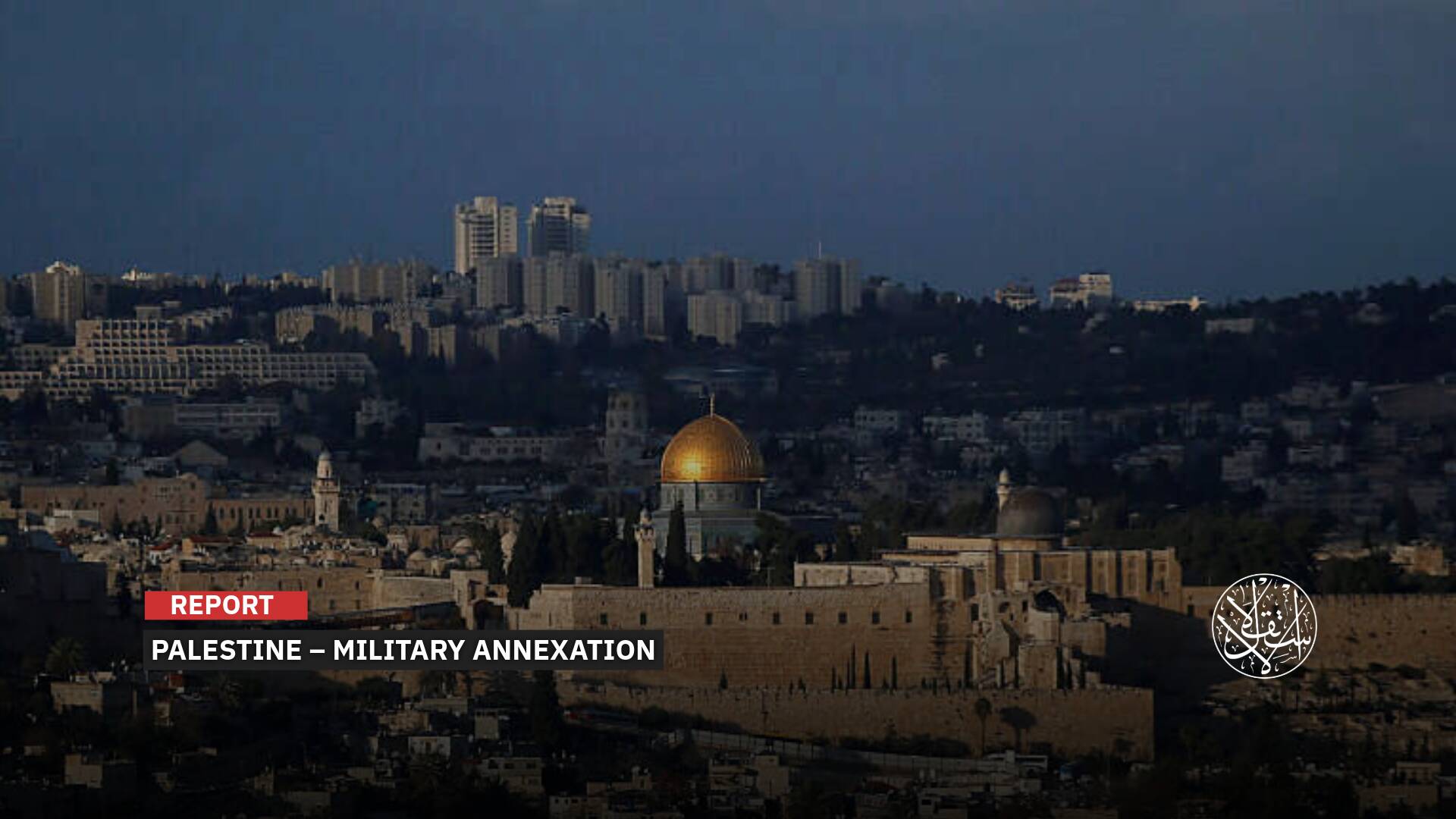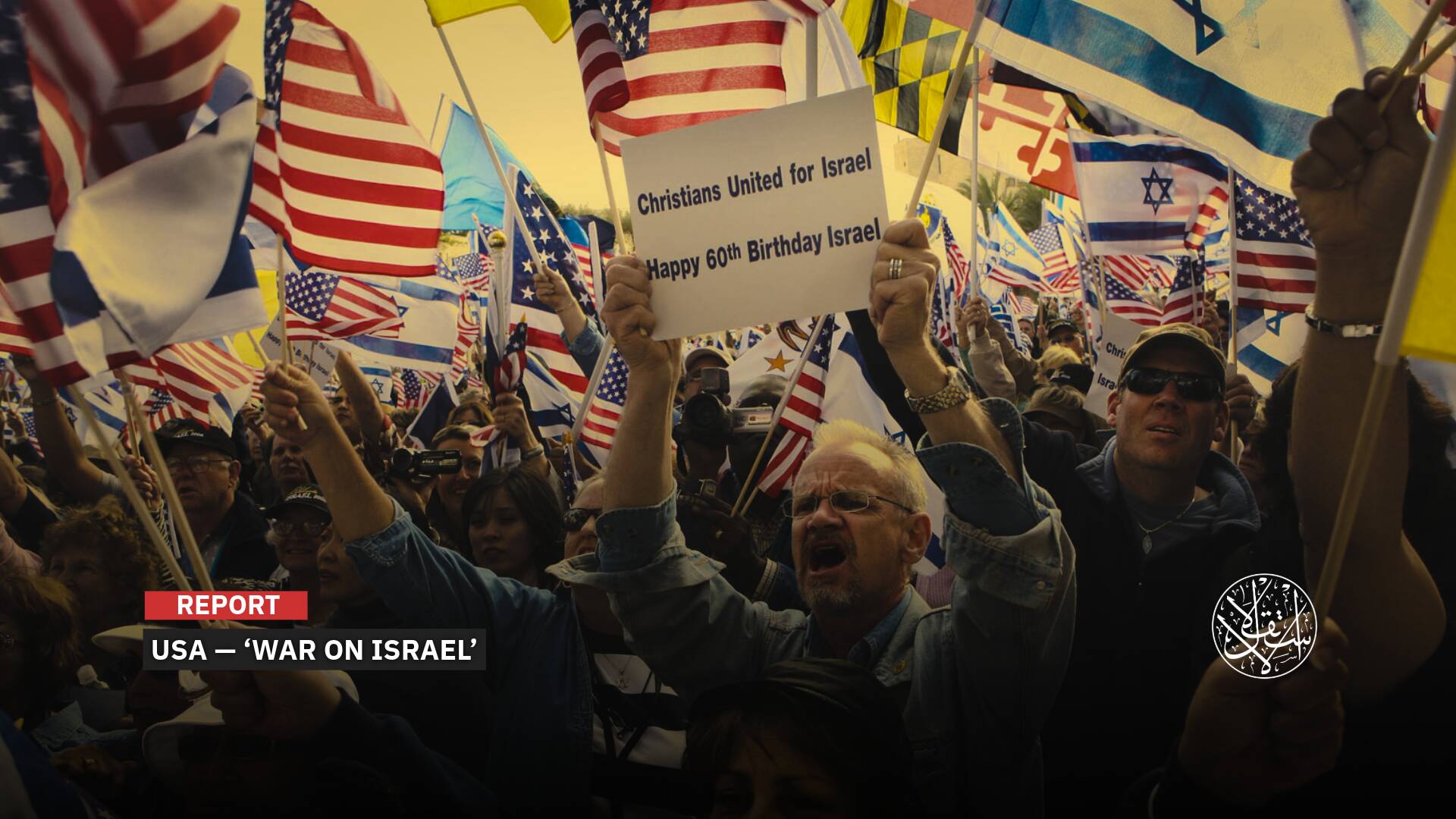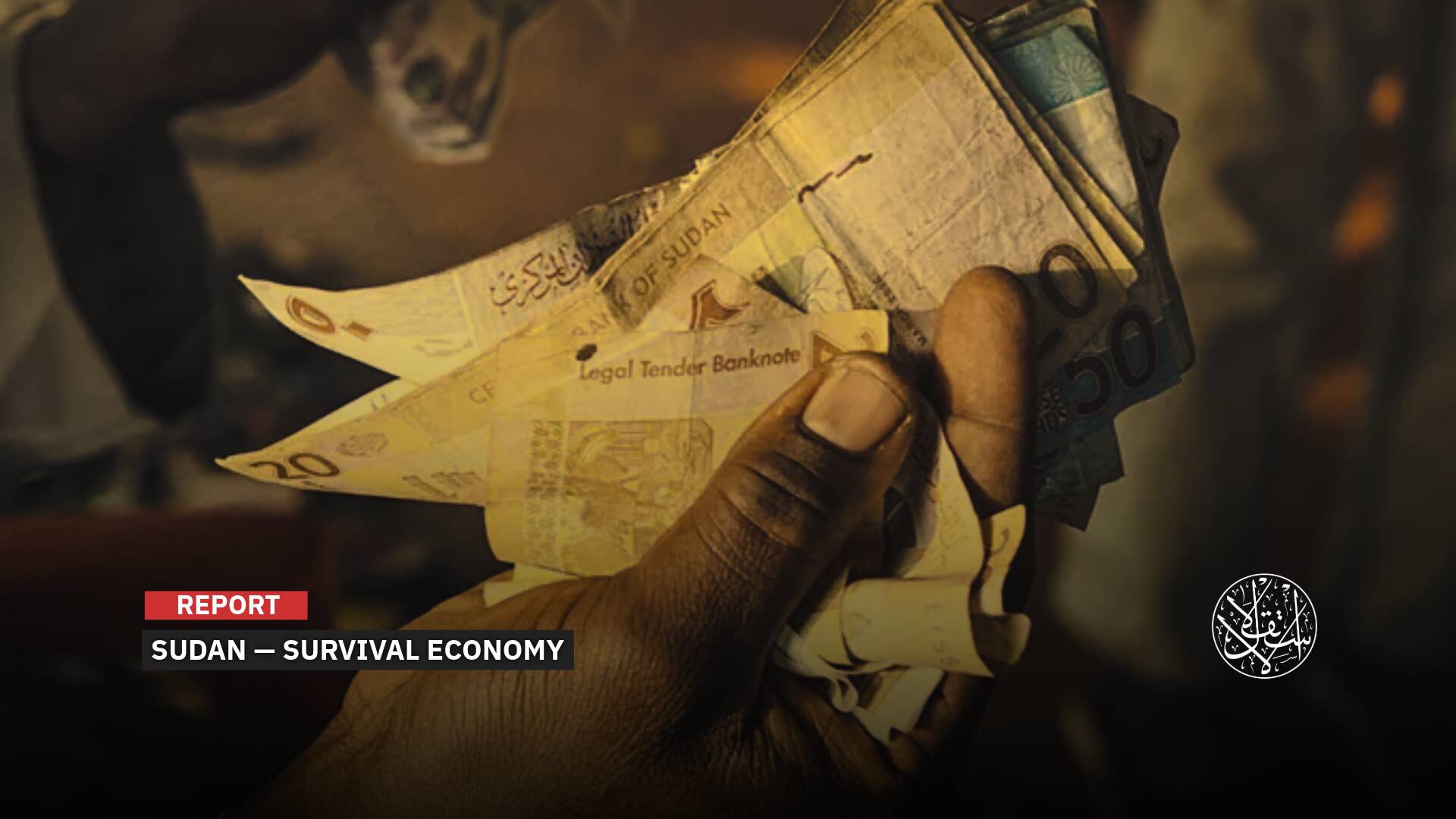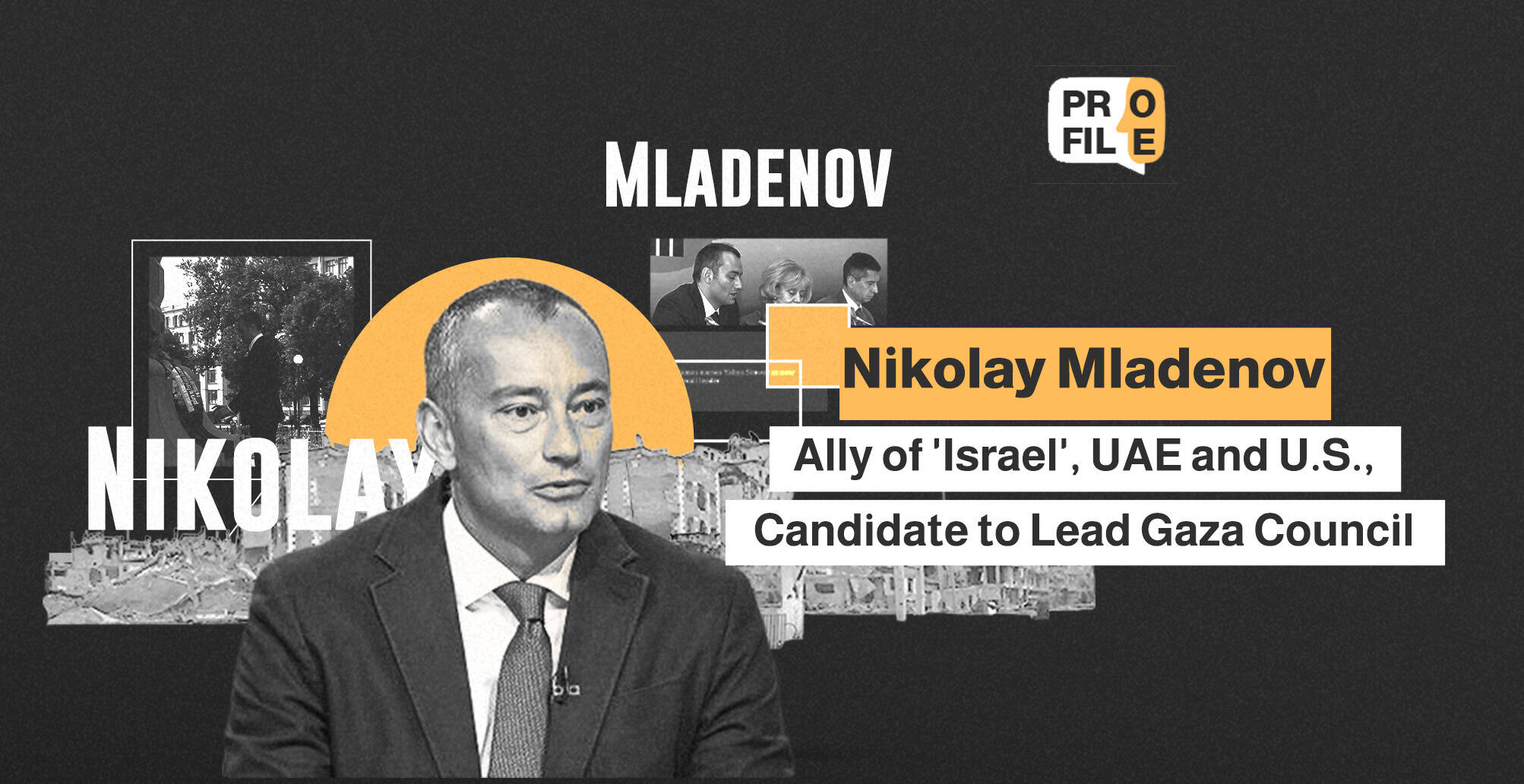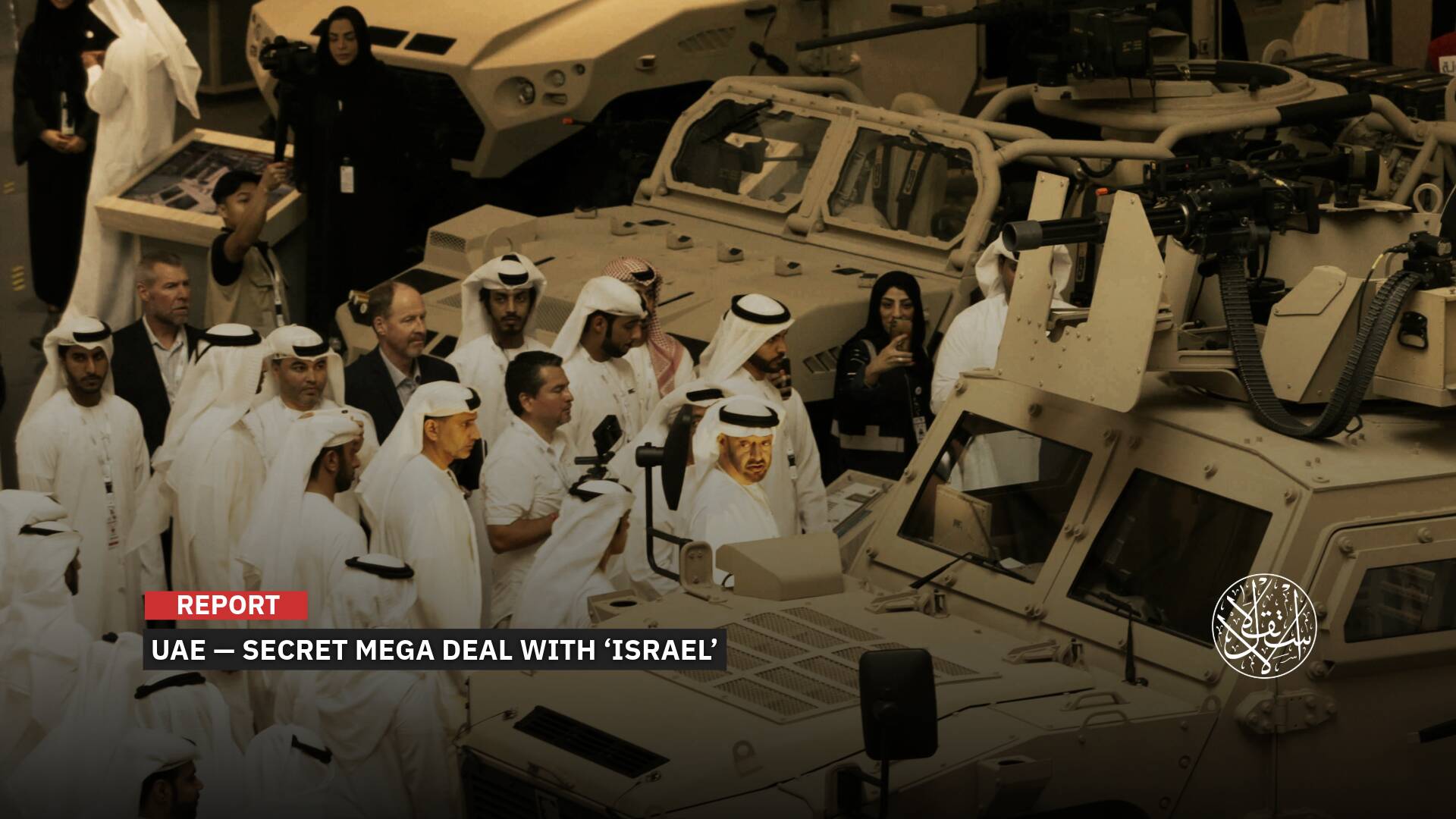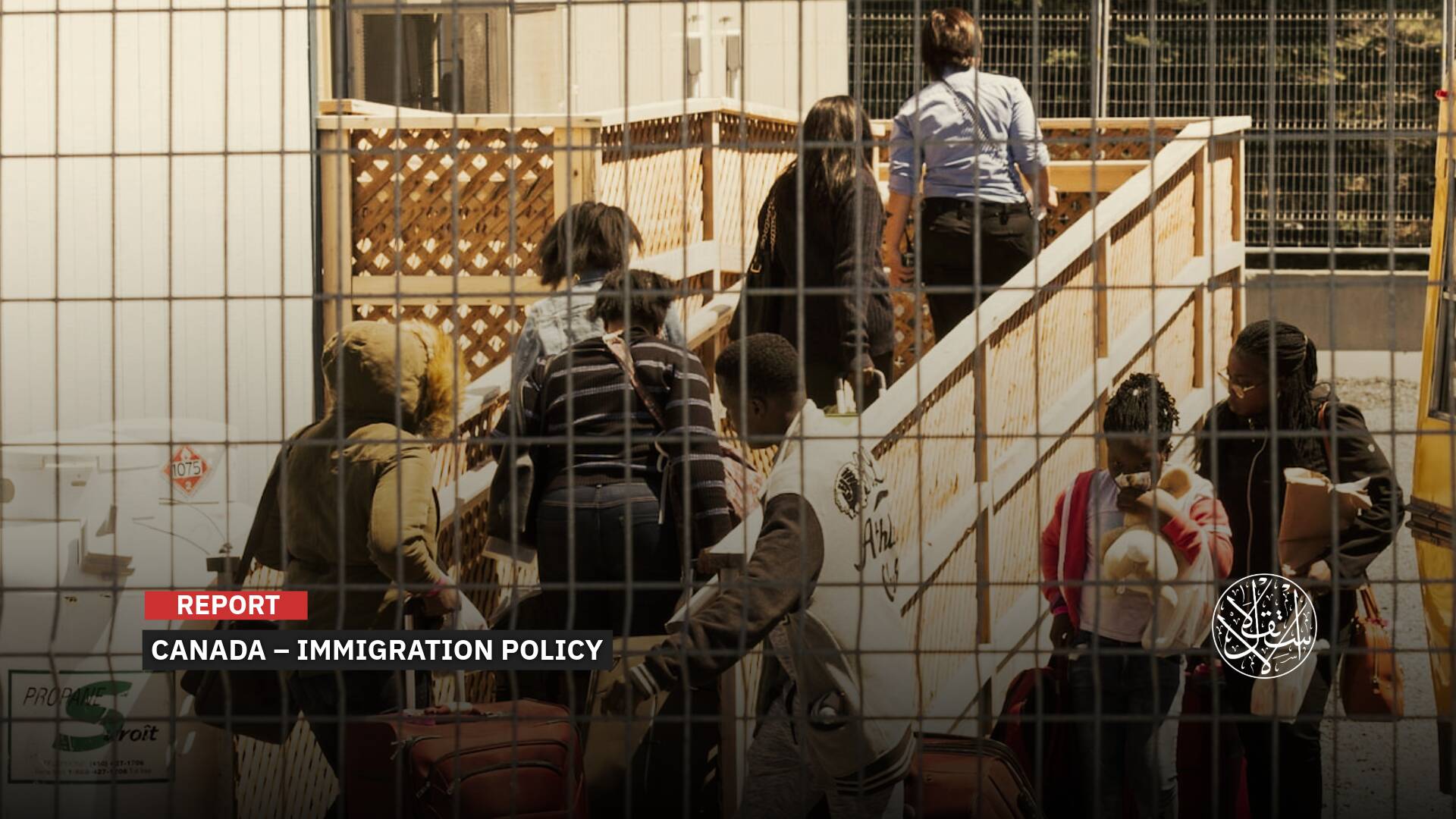Mahathir’s Loss: Significance and Repercussions on the Political Scene in Malaysia

Veteran Malaysian leader Mahathir Mohamad lost on November 19 the race for a parliamentary seat in a general election, for the first time in 53 years, in a defeat that could mark the end of his seven-decade political career.
Mahathir, 97, who has served as Malaysia’s prime minister for more than two decades over two terms, failed to retain his parliamentary seat and finished fourth in a five-candidate contest in the Langkawi island constituency.
The seat was won by a candidate from the National Alliance, led by another former prime minister, Muhyiddin Yassin.
On November 24, the king of Malaysia appointed the reformist opposition figure Anwar Ibrahim as prime minister of Malaysia after both the opposition coalition and its rival bloc failed to obtain a majority in Saturday’s legislative elections.
The Malaysian constitution gives the king the right to appoint whoever believes that he is able to obtain the confidence of Parliament.

First Fall
It is Mahathir’s first election loss since 1969. Mahathir leads a coalition that has vowed to overthrow the current National Front coalition government, accused of corruption.
But his alliance is not considered a major competitor, as the front faces two other major coalitions, the Muhyiddin bloc and another led by Anwar Ibrahim, Mahathir’s longtime arch-rival.
Mahathir said in an interview with Reuters this month that he would retire from politics if he loses.
In an interview with Al-Estiklal, the political activist Khalida Bakkali said: “Mahathir’s loss is a blow that could mark the end of a seven-decade career for the veteran politician. Because of his age, 97 years old, the voters expected that he would not introduce anything new.”
She emphasized: “Another reason behind his fall is that Mahathir pledged during his previous alliance with Anwar Ibrahim in 2018 to hand him the prime minister, but did not fulfill the promise. As a consequence, he lost the parliamentary majority 22 months after taking power.”
It is noteworthy that after their 2018 disagreement, they returned to talk about an alliance in 2020.
Ibrahim is currently the opposition leader; his party won 80 seats out of 220 in the elections. He has stated that his camp is open to working with other opposition parties, including Mahathir’s party.
Anwar Ibrahim, who represents the Islamic trend, was a senior figure in the ruling National Trust (AMANAH) when it was headed by Mahathir Mohamad.
But he has moved into the opposition since his ouster in 1998 after a row with Mahathir over how to protect the economy from the Asian financial crisis.
He was imprisoned for 10 years, but he returned to announce, as the leader of the Islamic movement, the formation of an alliance called Pakatan Harapan (Alliance of Hope), in preparation for running in the elections and overthrowing the ruling party.

Uncertainty & Doubt
The semi-final results of the Malaysian elections showed that the Hope Alliance led by Anwar Ibrahim won 80 seats out of 220 contested, but none of the competing blocs achieved a majority, which means a hung parliament for the first time in Malaysia.
According to the results, the Hope Alliance has outperformed the National Alliance, led by former Prime Minister Muhyiddin Yassin, and the National Front coalition that ruled Malaysia for more than 6 decades.
The election results have further worried Malaysians because they have entrenched political uncertainty in a country that has seen three prime ministers in four years and a slowdown in economic growth.
Malaysia has 69 parties, and adopts a parliamentary system of government and constitutional monarchy similar to the British system. The duration of the parliamentary session is 5 years, but the last parliament was dissolved early.
Parliament is divided into two chambers: the House of Representatives, whose members are 222, and reached by direct election, and the Senate, which includes 70 members.

Ruling Model
The political expert added to Al-Estiklal: “Although Mahathir lost, his political experience had a great positive impact on Malaysia and was influential to many other Muslim countries. Yet, the rule of political action imposes the decline after reaching the peak.”
Mahathir Muhamad explained in a chapter of his memoirs under the title Islam and Islamization that they have every right to describe Malaysia as an Islamic state, and that Islam and the Islamization of the Malaysian administration were not in dispute before.
He added that during the period when Malaysia adopted Islamic values and declared itself an Islamic state, peace and stability prevailed, and the country developed and grew in an unprecedented way.
Yet, this description acquired in Mahathir’s thought as a value rather than a legislative dimension, and was dominated by interest in the essence of Islam, its content and its system of moral and cultural values, with a broad assimilation of the composition of Malaysian society, which owes more than a third of its population to non-Islam.
Mahathir singles out an entire chapter in his memoirs to talk about his upbringing as a Muslim in a Muslim society, a period in which he tested his heart with doubt and confusion about Islam and its teachings, but it was a prelude - as he describes - to a deep faith through which he realized the sublimity and greatness of this religion.
He considered that the “miserable situation” that Muslims live in today is partly due to their failure to do something, even if little. He stressed that the nation is required to make every effort to help itself, and then resort to praying to God Almighty for victory, empowerment, and help.
The former Malaysian Prime Minister did not present, in his literature or during his rule, a project for Islamic governance in its direct concept. Rather, he was interested in activating the system of Islam’s values and ethics and focused on its strategic concepts and how they can be applied as a reality in the life of a multi-ethnic and multi-religious society, with full awareness of regional conditions and political trends.


